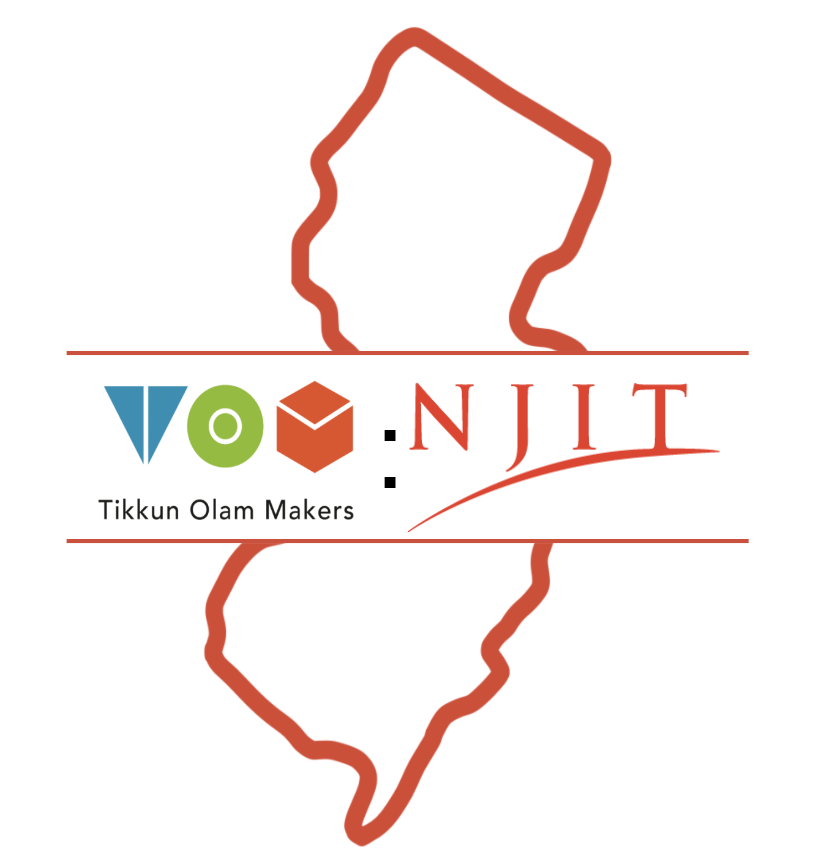On the corner of Dr. Martin Luther King Jr. Boulevard and Court Street, the abandoned Kreuger-Scott mansion casts a shadow over the neighborhood. In 1888, German beer baron Gottfried Krueger had the mansion built to rival John Ballantine, another Newark beer baron whose house is now part of Newark Museum. This Victorian mansion was equipped with all of the latest technology, including the first residential elevator in New Jersey.
The Scottish Rite of Freemasonry bought and occupied the home for a short time before selling it to Louise Scott, a self-made Newark millionairess, in 1958. Scott used the space to house the Scott College of Beauty Culture, a dentist’s office, a restaurant, an ice cream parlor, a salon, and a hosting site for various religious services.
The city of Newark took possession of the mansion after a 1980s foreclosure. Looters proceeded to destroy the mansion and strip it to the skeleton that remains today. Controversially, the city spent $7 million in attempting to restore the mansion as an African American cultural center, but were only able to renovate the roof and chimneys before giving up and leaving it in its current state.
Today, the abandoned mansion stands with the Greater Newark Conservancy’s Court Street Urban Farm in the back of the property, but the future of this space has been approved for change.
A new type of development called a Makerhood is approved for construction beginning this October. A Makerhood encourages microenterprise by providing housing and workspace all in one community.
This $29 million project is to be orchestrated by the Seaview Development Corporation. Two buildings will be built alongside a renovated Kreuger-Scott mansion: a 5-story building that will contain 66 apartment units and 10 commercial shops, and a 3-story building that will contain parking, a shared commercial kitchen, and a greenhouse.
These buildings will hold 16 maker workshops and 66 apartments. Of the 66 apartments, 50 will be sold at market price and 16 will be reduced price affordable housing. The average price for the workshop, apartment, and Makerhood entrepreneurial support services will be $1,800 per month.
Among the building amenities is a 4,000 square foot greenhouse, 36 parking spots, and a shared-use commercial kitchen dubbed the Newark Food Factory. The project is scheduled to be completed within 12-18 months from now, but applications for microentrepreneurs will be accepted at some point in 2019.
The workshops will focus on food and fashion products, and makers will be chosen based on business concept, proper licensing and insurance for business, and a recommendation letter from a business development organization or community advocate. There will be preference for residents with household income at 80% of the area median, a typically underrepresented demographic.
Newark residents are eager for the change, a project that is anticipated to bring in $500,000 per year in revenue and is a sign of positive change for the city.




























